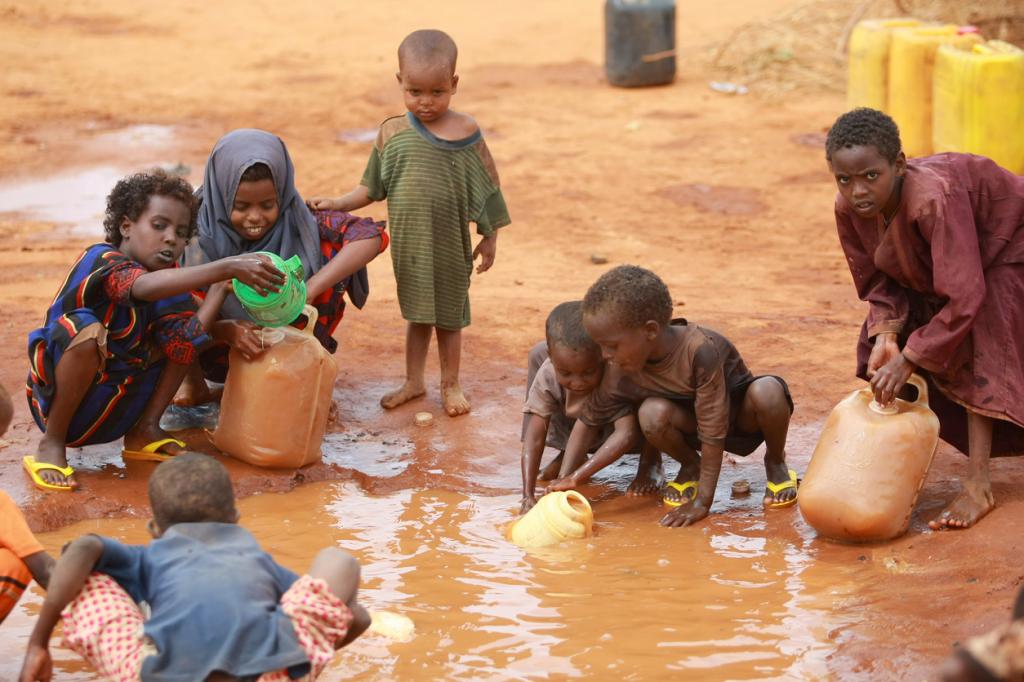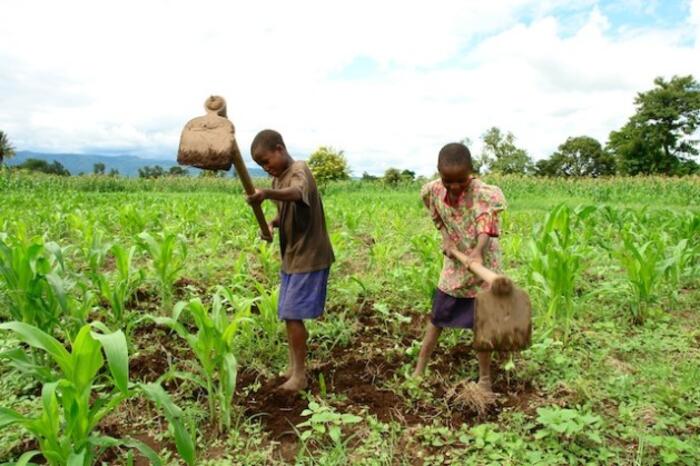Nigeria is to be rich in natural resources but poor in energy. This is the puzzle of the so-called paradox of plenty. The country has one of the most significant energy deficits in the world according to the World Bank’s 2022 Energy Access Report. Available government statistics show that approximately 45 percent of the population, about 92 million persons, lacks access to electricity from the national grid. The majority of these persons come from the Niger Delta region which produces the majority of oil and gas that fuels the country’s economy.
Ironically, the abundance of these resources in the region has yet to translate into access to clean and affordable energy for the people. For instance, in Delta State, more than half of the population is either off-grid or highly underserved by the national grid. According to the Foundation for Partnership Initiatives in the Niger Delta (PIND), 12 million residents of the coastal communities in the region are yet to be reached by electricity from the national grid. These remote communities rely on generating sets and other hazardous means, such as kerosene-fueled bush lamps. Forty-three per cent of the population in the Niger Delta lives below the poverty line, with one of the highest unemployment rates in the country.
Frustration led to self-help as illegal refineries proliferated. The lingering energy poverty in the region has been identified as one of the main issues that led to the crude oil theft and operation of illegal refineries. Left with tiny choices, people from the region, especially the youth, had to resort to alternative ways of earning a living while powering their communities. That is how they started bursting pipelines and stealing crude oil for the operation of illegal refineries.
Today, oil theft is a flourishing enterprise that has international dimensions. Part of the stolen crude spills into the environment, causing extensive damage to the ecosystem, resulting in human ill-health, food insecurity and fish mortality. The illegal refining process ignores all environmental, health and safety procedures and can have catastrophic consequences. Despite government crackdown on their operations, illegal refineries continue to thrive as a cheap source of fuel, especially in the light of the recent removal of subsidies on petroleum products. Authorities have deactivated 6,800 such refineries in two years. Reports reveal that refiners give host communities small quantities of kerosene for lighting and cooking in exchange for legitimacy. Dependable sources in the region confirm some facilities established by multinational companies depend on these locally refined products for their operation.
Solar Street lights across communities are a good start. Courtesy of the Niger Delta Development Commission (NDDC), solar street lights have been extensively used across many communities. The lights provide helpful, unique illumination, especially at night. Feedback across the region indicates a marked improvement in the security situation and social life. However, a lot more will be needed to have a transformative impact on the livelihood of ordinary citizens. Many community dwellers can still not adequately power small gadgets like telephones from their homes. Small businesses depend on generators to preserve their fish and do necessary construction and repairs through welding.
The Niger Delta has abundant gas resources. However, most of it is wasted through a process called gas flaring. This term refers to the burning of natural gas that is released during the extraction of crude oil. Last year, it was reported that about $3.9 billion worth of gas was flared in four years. The government has confirmed using gas as a transition fuel in its energy transition plan. It is seeking gas monetisation to expand its domestic gas network and boost gas-based industrialisation as a way to eliminate gas flaring while enhancing off-grid power solutions. These pronouncements are yet to yield results.
Off-grid solar lighting in homes and health centres will help. There is a long-term benefit in encouraging the private sector to deploy solar lighting solutions across the region to decentralise access across communities. These solar-powered solutions can provide transformative effects that diversify the economy, create employment and improve livelihoods. However, there must be ways of de-risking the projects and giving comprehensive guarantees to ensure that investors recoup their monies within an agreed period. Some of these are already going on. PIND has done a lot in many communities under its Access to Energy (A2E) project. Youth Environmental Advocacy Centre established a solar off-grid electricity solution for the Umuolu community in Ndokwa East in Delta State.
Partnering with the private sector will scale up results closing the access gap and reversing the energy poverty in the delta is possible. These success stories can be scaled up through proper regulation and private-sector partnerships. The new Electricity Act 2023 offers options to achieve a sustainable energy mix. Nigeria’s Rural Electrification Agency offers concessional performance-based grants to subsidise solar mini-grid developers and operators and expand access to unserved and underserved areas. Qualified entities within the region including cooperatives can compete and access these funds. More modular refineries should be established across the region to curb oil theft, create more jobs and boost fuel supply. The international oil companies operating in the region have a role to play in this. It is in their interest not to leave the situation as it is while they try to exit through divestment. However, a coordination mechanism from necessary authorities will provide the essential push.
By Uche Igee
 Donate
Donate



